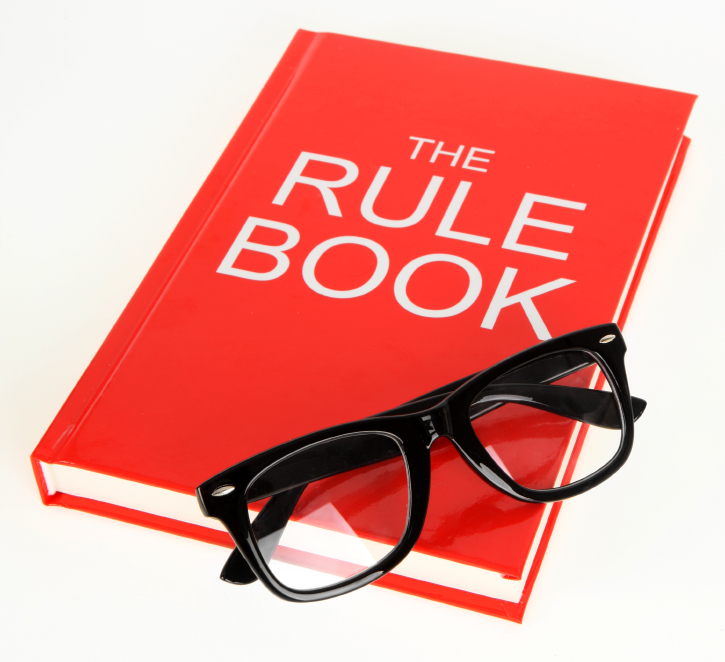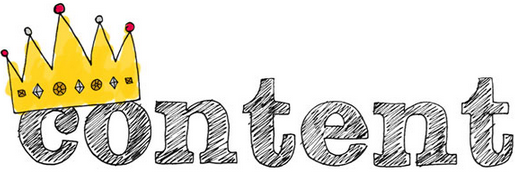As a writer you always notice the little grammar mistakes people make when they write. Someone ending a sentence with a preposition, employing a redundant modifier or using “literally” literally any chance they get. It’s enough to drive a person mad—or at least distract you from what they were actually talking about (see?).
For your business the consequences are just as real. The content you put out is an extension of your business, an undeniable representation of your company that is open for consumer judgment. “If they don’t even know the difference between it’s and its, how can I trust they will be able to deliver on their promise of ____.” The relationship between the grammar mistakes you make and the quality of your business may seem alien and unfair, but it’s a reality of the business world we live in—trust us.
They’re, Their, There
A grammar eyesore you no doubt come across on a daily basis in emails is the incorrect use of they’re, their and there. It’s pretty simple, really: One’s a contraction, one’s possessive and one has to do with place. Use they’re when you want to shorten they are. Use there if you could point to it (“over there”). Use their when you’re describing someone’s something. You know the difference between the three, but it’s a good idea to always double check your correspondence to make sure you’re using the right one in the right context — it’s way too easy to make these grammar mistakes even knowing the rules.
There, there–you’ll get the hang of it.
Me and I
You’d think that people would have a solid grasp on the proper use of two of the most selfish words in the English language. Nope. Me and I are two of the most misused words, especially when it comes to writing a sentence with yourself and another group. For instance, you may read, “Scan the documents and send them to Jennifer and I.” But take “Jennifer” out of that sentence and it sounds weird. That’s because I is the object of that sentence—and I should not be used as an object.
To help remind yourself which one is right and when, say the sentence to yourself excluding the other group (“Scan the documents and send them to me”). If it sounds right, it is.
Run-on Sentences
“Brevity is the soul of wit,” but you wouldn’t know it based on the way some people go on and on and on when they write. As the writer, it’s your responsibility to make it as easy possible on your reader, if for no other reason than to keep them reading. One way to do this is by using commas before coordinating conjunctions, such as for, and, but, or, etc. These FANBOYS are useful in separating independent clauses—complete thoughts with subjects and predicates—and commas are their companion cues that help your reader know a new idea is approaching.
Commas
If you’re thinking about using a comma to pause, Ernest Hemingway and William Faulkner would like to have a word with you and the rest of the writing world. Despite their disdain towards the use of commas, their use and misuse are both quite popular. Here are a couple of rules to keep in mind to make sure your commas are properly filling their role:
- Conditional, or if-then, statements require a comma to separate the premise from the conclusion. In other words, if you are setting something up, then be sure to put a comma before the “then.”
- Coordinating conjunctions that separate two independent clauses need a comma to come before them, and that’s all there is to say about that.
Alot and A Lot
You’ll clean up a lot of your grammar mistakes when you realize alot isn’t a word; it’s two.
There are literally an infinite number of additional grammar sins individuals and businesses alike commit every day. But it’s never too late to get back in the good graces of grammar. Feel free to reach out and let us help cleanse your writing and purify your content today.





